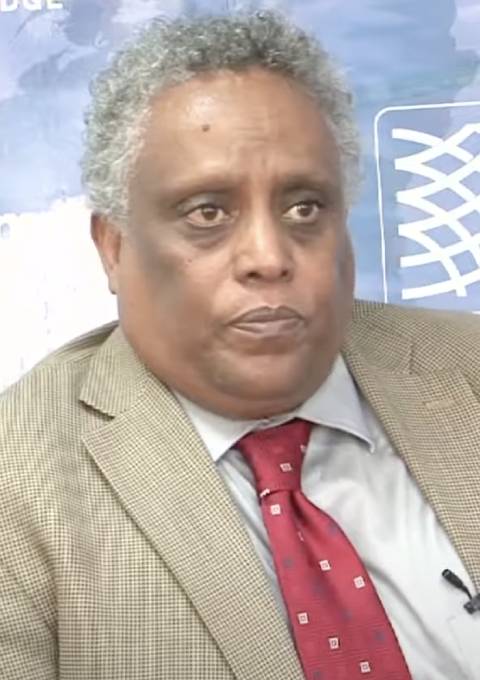Cet atelier s'inscrit dans le cadre de la contribution de l'UNECA au thème « Faire taire les armes : créer des conditions propices au développement de l'Afrique ». L'objectif général de l'atelier est de donner un aperçu des principes qui incarnent l'approche de la sécurité humaine et de fournir des précisions sur l'utilisation de la sécurité humaine comme outil pour élaborer des politiques et des programmes efficaces par les gouvernements et les entités non gouvernementales, ainsi que par les institutions intergouvernementales régionales et sous-régionales en vue de la réalisation de l'Agenda 2063 et des ODD. Les objectifs spécifiques de l'atelier sont les suivants : • Explorer les concepts, pratiques et méthodologies de la sécurité humaine; • Déterminer la pertinence et l'importance de développer une perspective africaine sur la sécurité humaine ; • Explorer le lien entre la sécurité économique, la paix et la sécurité humaine; • Tirer parti d'une approche de sécurité humaine UA - CEA alignée sur l'Agenda 2063 de l'UA et l'Agenda 2030 de l'ONU ; • Développer une série de recommandations qui constitueront la voie à suivre dans les efforts de développement d'une méthodologie. ATELIER 1 : Indice de sécurité humaine en Afrique Intervenants: Jalal Abdel-latif, Senior Fellow, Policy Center for the New South (PCNS) Le cadrage de la sécurité humaine en Afrique: Sara Hasnaa Mokaddem, spécialiste des relations internationales, Policy Center for the New South (PCNS) Les défis de construction de l’indice de la sécurité humaine en Afrique: Saad Badaoui, Data scientist, Policy Center for the New South Les approches de conception de l’indice de la sécurité humaine en Afrique: Eleanor Keeble, Fellow, Overseas Development Institute (ODI)




